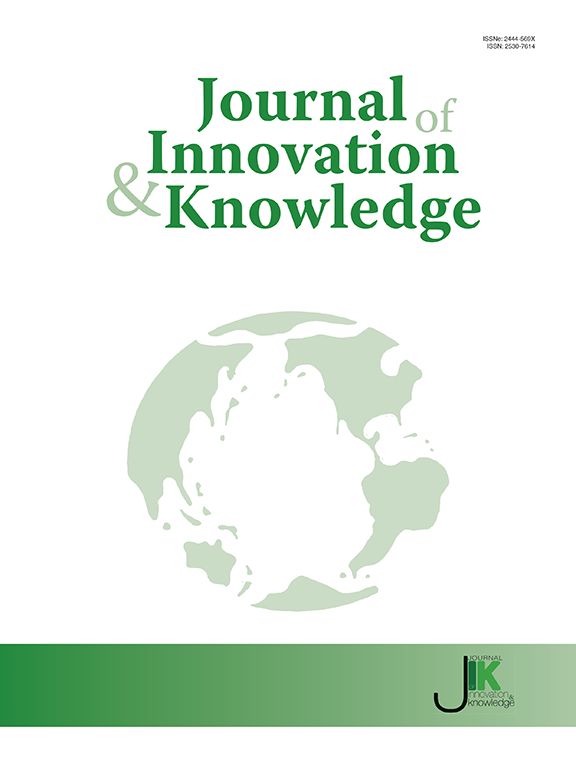Transcatheter Aortic Valve Implantation (TAVI) has revolutionized the field of cardiac surgery by providing a less invasive and safer alternative in selected patients to traditional open-heart surgery for the treatment of severe aortic stenosis. The technology behind TAVI has continued to advance, resulting in improved precision and safety, as well as expanding the patient population that can benefit from the procedure. TAVI has become an established treatment option and is constantly evolving with new techniques and devices being developed to improve patient outcomes. The future of TAVI looks promising, with ongoing research and development aiming to further enhance its efficacy and expand its reach in cardiac surgery.
La implantación transcatéter de válvulas aórticas (TAVI) es una técnica de cirugía cardíaca menos invasiva y más segura en pacientes seleccionados que ha revolucionado el tratamiento de la estenosis aórtica grave. Los avances tecnológicos han mejorado la precisión y seguridad de la TAVI, y la técnica se está utilizando cada vez más en pacientes con anatomías más complicadas. La TAVI se ha convertido en una opción de tratamiento establecida, y la investigación continua y el desarrollo de nuevas técnicas y dispositivos prometen mejorar aún más la precisión y seguridad de la TAVI en el futuro. La TAVI está en constante evolución y es un campo emocionante en la cirugía cardíaca.
Guest editors:
Dr. Víctor X. Mosquera Rodríguez
Cardiac Surgery Department. Complexo Hospitalario Universitario de A Coruña. A Coruña. Spain.
Aortic surgery; Endovascular Surgery, TAVI; TEVAR; Heart Transplant
Special issue information:
Articles on clinical cases that provide graphic means in the "How to do" style - with good videos or pictures - are welcome.
Both English and Spanish manuscripts are accepted.
Manuscript submission information:
You are invited to submit your manuscript at any time before the submission deadline May 31, 2024. For any inquiries about the appropriateness of contribution topics, please contact Dr. Víctor X. Mosquera Rodríguez via Email Address victor.x.mosquera.rodriguez@sergas.es.
The journal’s submission platform (Editorial Manager®) is now available for receiving submissions to this Special Issue. Please refer to the Guide for Authors to prepare your manuscript and select the article type of “Transcatheter Aortic Valve ImplantationTAVI” when submitting your manuscript online. Both the Guide for Authors and the submission portal can be found on the Journal Homepage here: https://www.sciencedirect.com/journal/cirugia-cardiovascular
All the submissions deemed suitable to be sent for peer review will be reviewed by at least two independent reviewers.
The Article Publishing Charge (APC) fee will be covered by Sociedad Española de Cirugía Cardiovascular y Endovascular for all articles.
Keywords:
TAVI; aortic valve; aortic stenosis; aortic regurgitation; aortic valve; vascular access
Why publish in this Special Issue?
- Special Issue articles are published together on ScienceDirect, making it incredibly easy for other researchers to discover your work.
- Special content articles are downloaded on ScienceDirect twice as often within the first 24 months than articles published in regular issues.
- Special content articles attract 20% more citations in the first 24 months than articles published in regular issues.
- All articles in this special issue will be reviewed by no fewer than two independent experts to ensure the quality, originality and novelty of the work published.
Learn more about the benefits of publishing in a special issue: https://www.elsevier.com/authors/submit-your-paper/special-issues
Interested in becoming a guest editor? Discover the benefits of guest editing a special issue and the valuable contribution that you can make to your field: https://www.elsevier.com/editors/role-of-an-editor/guest-editors




 Acepta nuevos artículos hasta el 31 de May de 2024
Acepta nuevos artículos hasta el 31 de May de 2024